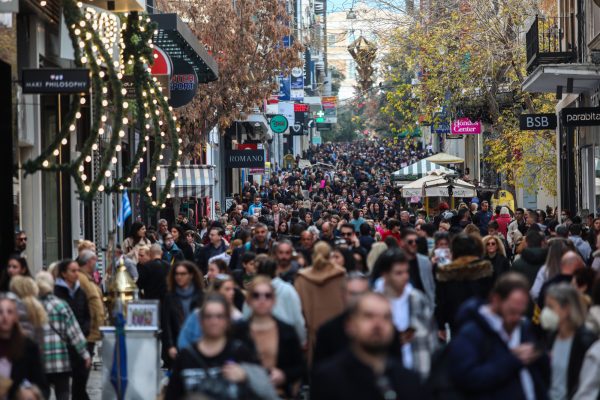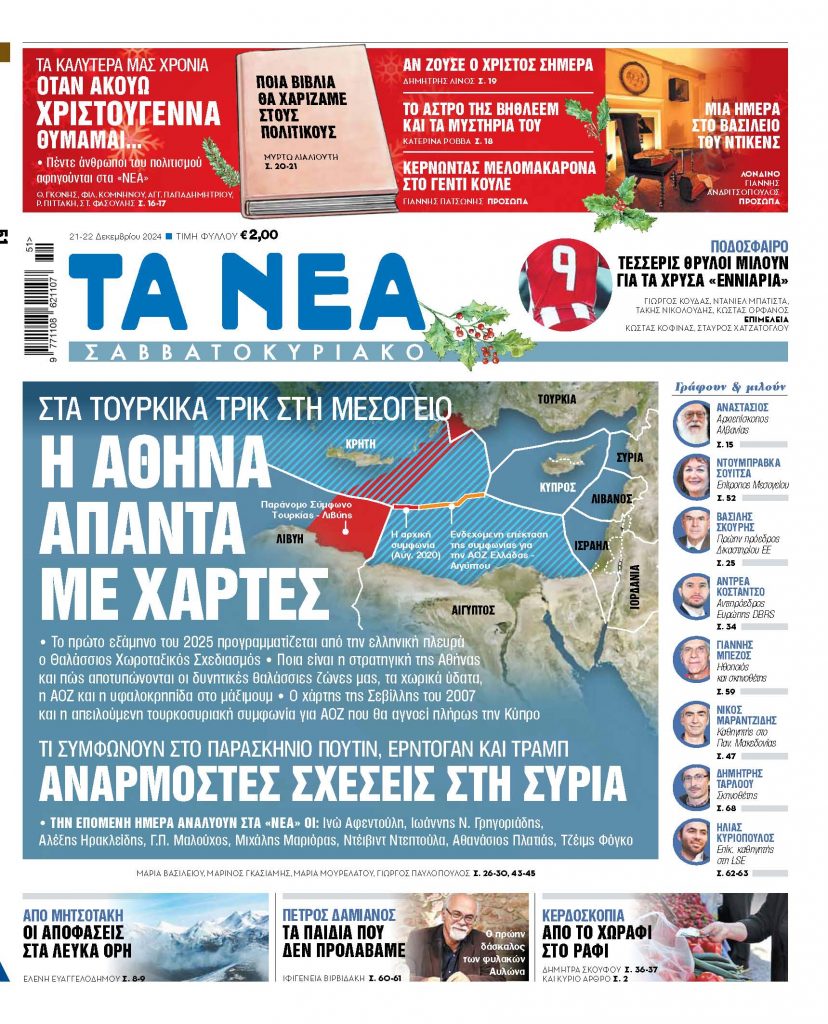The gang rape of a 15-year-old boy in the west Athens suburb of Ilion by other adolescents, with an organised plan, constitutes an alarm bell for all of Greek society.
Here, we are dealing not only with the most extreme and nightmarish type of molestation.
It is not just the overall stance of the youths and their modus operandi as a regular criminal gang.
It is something deeper.
Social cohesion has weakened as has the nuclear family that constituted its backbone.
At the same time, respect for diversity and prioritising personal dignity has been dangerously downgraded, and a segment of the youth has not internalised the value of human life and the psychological condition of those near them.
All these things, to the extent that they recur as criminal acts, are no longer cases in point.
They are an unsettling reality that should place on alert the state, the educational system, and the family.
Violence and the trivialisation of life are social symptoms that derive from a long process of incubation in our society and must be pinpointed at their root so as to address them.
If incidents like those in Ilion multiply and appear frequently on the daily police log, we will be led to a society of hatred, vulnerability, and toxicity – a point of no return.
On the positive side, in our society there has been progress in child psychology and more broadly, which in coordination with the state and initiatives to combat children’s and adolescents’ violence can create the necessary conditions for stemming the phenomenon.








